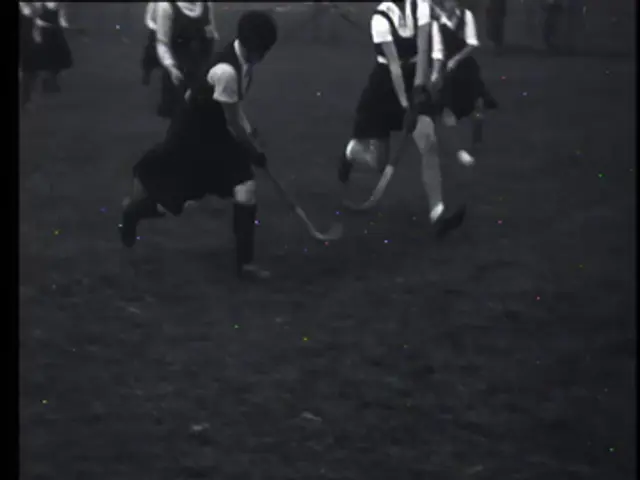Unleashing the Fascinating Lore of the Craps Game
Unveiling Craps: 4 Eye-Opening Truths Concerning the Classic Dice Game
Dive into the engrossing history of the dice players' favorite, Craps, and uncover four captivating insights about this thrilling casino game.
Essential Facts:
- The roots of Craps trace back to an ancient English dice game called Hazard, predecessor to the modern, iconic game.
- The enigma surrounding the game's namesake, 'Craps,' stems from the theoretical connections to either 'crapaud' (French for toad) or 'crabs' (gambling slang for low dice rolls).
- Expertly crafted, Craps tables boast unique features for both enthralling gameplay and game-manipulation prevention.
- Like many casino games, Craps has cultivated a culture of peculiar superstitions and etiquette among participants.
From Hazard to the Casino Floor: Evolution of a Game
Hazard, an English dice game popular in the 17th and 18th centuries, served as the blueprint for Craps we recognize today. As it crossed oceans, it evolved and simplified, emerging in the bustling city of New Orleans.
The Myth Behind the Moniker 'Craps'
The etymology of 'Craps' continues to pique the interest of gambling historians. A widely-held view posits that the name hails from the French word 'crapaud,' meaning 'toad,' inspired by the mannerisms of street players crouching over the pavement. Another theory suggests 'Craps' emerged from the gambling slang term for low dice rolls, 'crabs.'
Craps: A balanced Construct
Tables designed for Craps are deliberately designed to accommodate both gameplay and security. The angled walls, lined with rubber pyramid-shaped bumps, ensure randomness in the dice roll while acting as a deterrent against manipulative dice handling techniques.
Superstitions and Table Manners in Craps
Craps has bred an exclusive code of conduct, steeped in tradition. Members of the table community often shy away from uttering the number seven, fearing it might bring bad luck. Additionally, dice handling etiquette frowns upon the shooter passing the dice from one hand to another before throwing.
House Edge in Craps: Opportunities and Pitfalls
Some Craps bets offer generous odds with a relatively low house advantage, such as the 'pass line' and 'come' bets (1.41% house edge); however, less fortunate are proposition bets that can carry odds as high as 16.67%, meanwhile slashing your chances of winning in the long run.
Craps in Pop Culture: A Lasting Legacy
Modern cinema and television have embraced Craps, frequently portraying it as a high-stakes, exhilarating casino game. Iconic films such as 'Guys and Dolls' and recent productions have cemented Craps' status as a staple in gambling-centric entertainment.
These depictions have ignited curiosity and lured new aficionados to partake in the game, while reminding viewers that the on-screen action may not always adhere to real-world odds and strategies.
The Social Element of Craps: Community and Camaraderie
Unlike many casino games where players compete against each other or the dealer, Craps cultivates an environment where participants can band together. In this communal setting, the shared experience of a win can lead to an atmosphere bursting with enthusiasm and excitement.
In essence, Craps—rich in history and densely populated with lore—is more than a simple dice-based casino game. Pondering its evolution, tenaciously clinging traditions, and electrifying social element offers an enriching experience for players of all levels.
- The game of Craps, originally stemming from an ancient English dice game called Hazard, has continued to evolve, adopting a unique table design that ensures randomness in gameplay while preventing manipulative techniques, showcasing its progression from the casino's history to the modern casino floor.
- The gamblers' fascination with a game like Craps extends beyond its strategic elements, delving into its casino-culture, where participants engage in peculiar superstitions and observing specific table manners, such as avoiding the number seven due to unfounded fear of misfortune or disdaining the practice of passing the dice from one hand to another.








